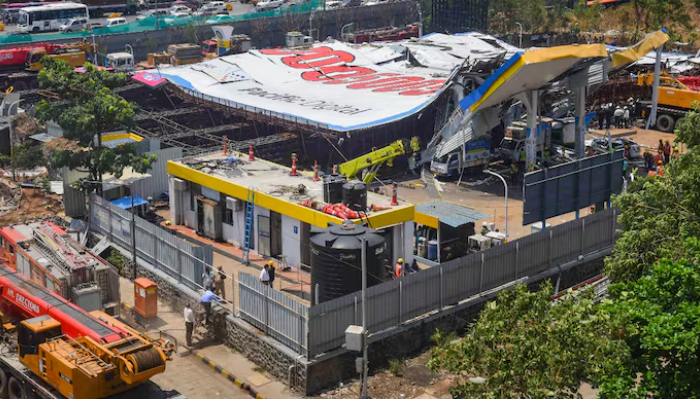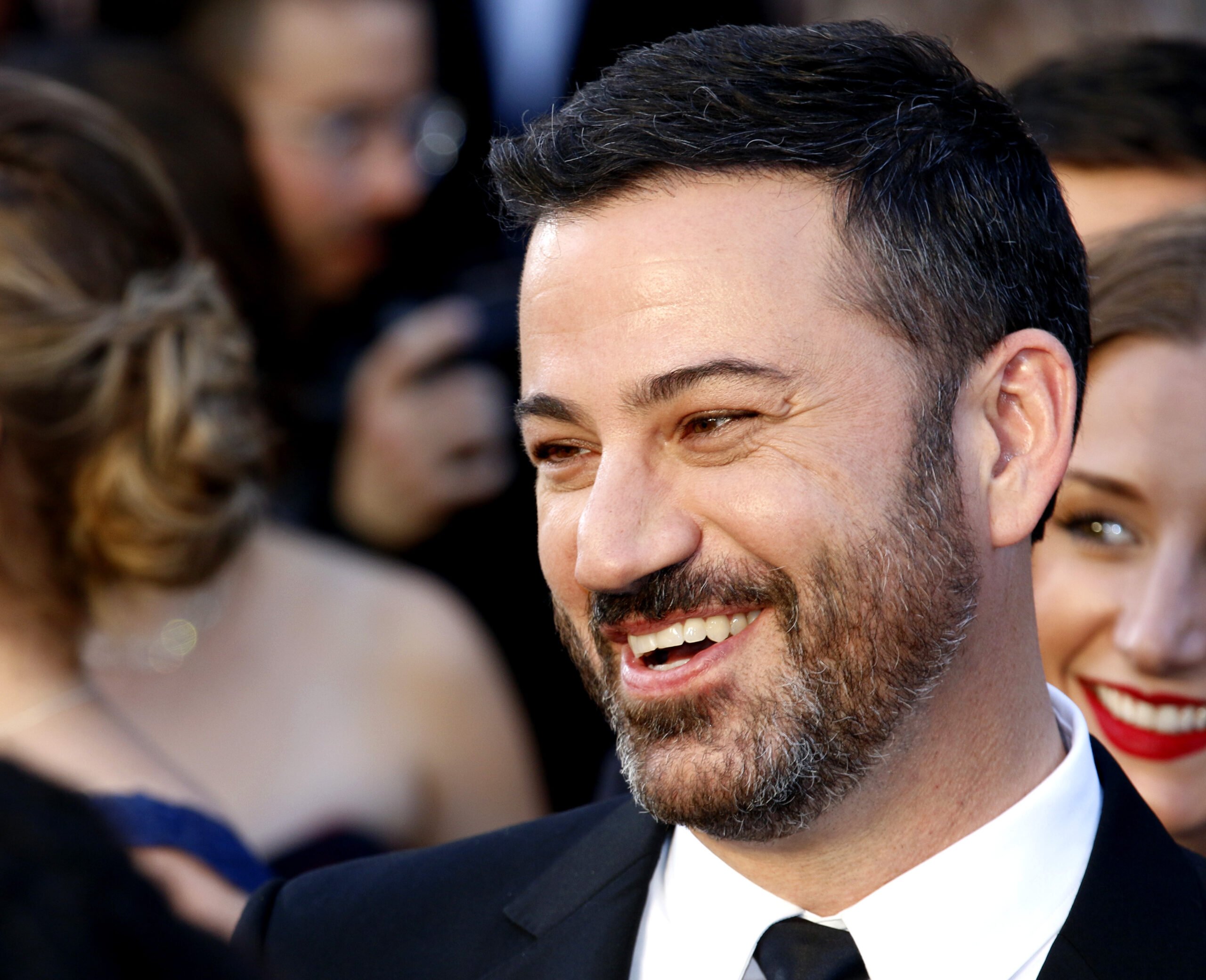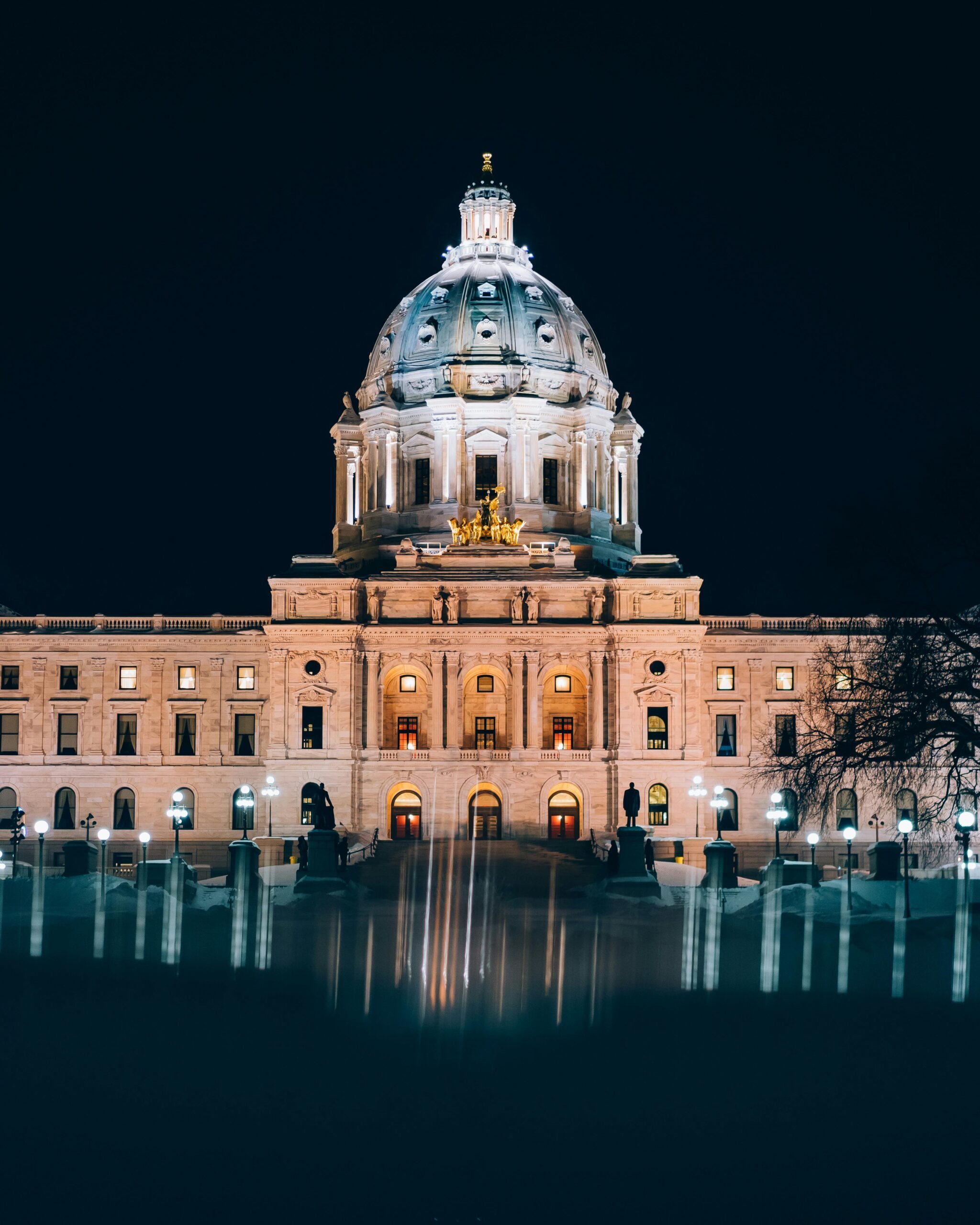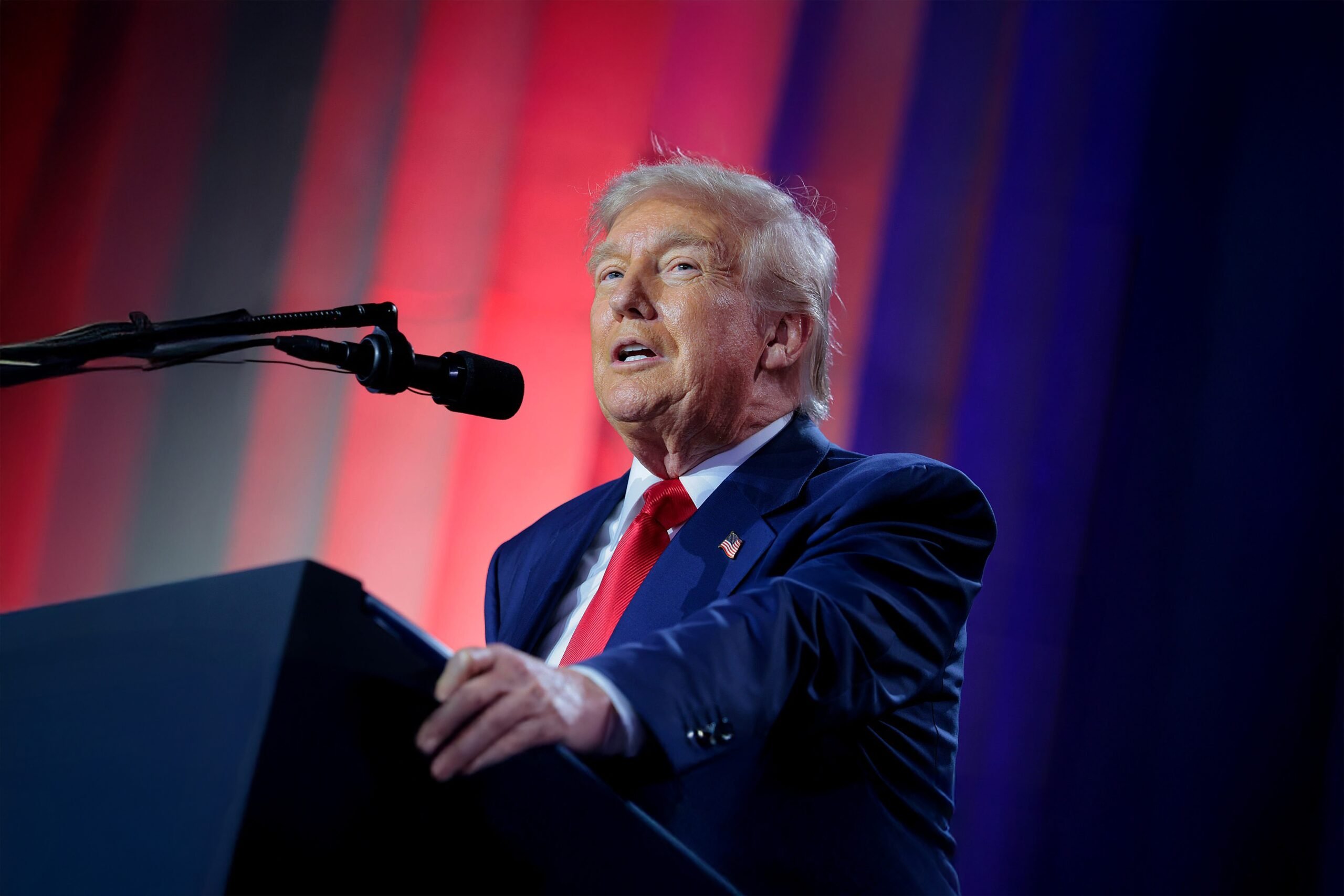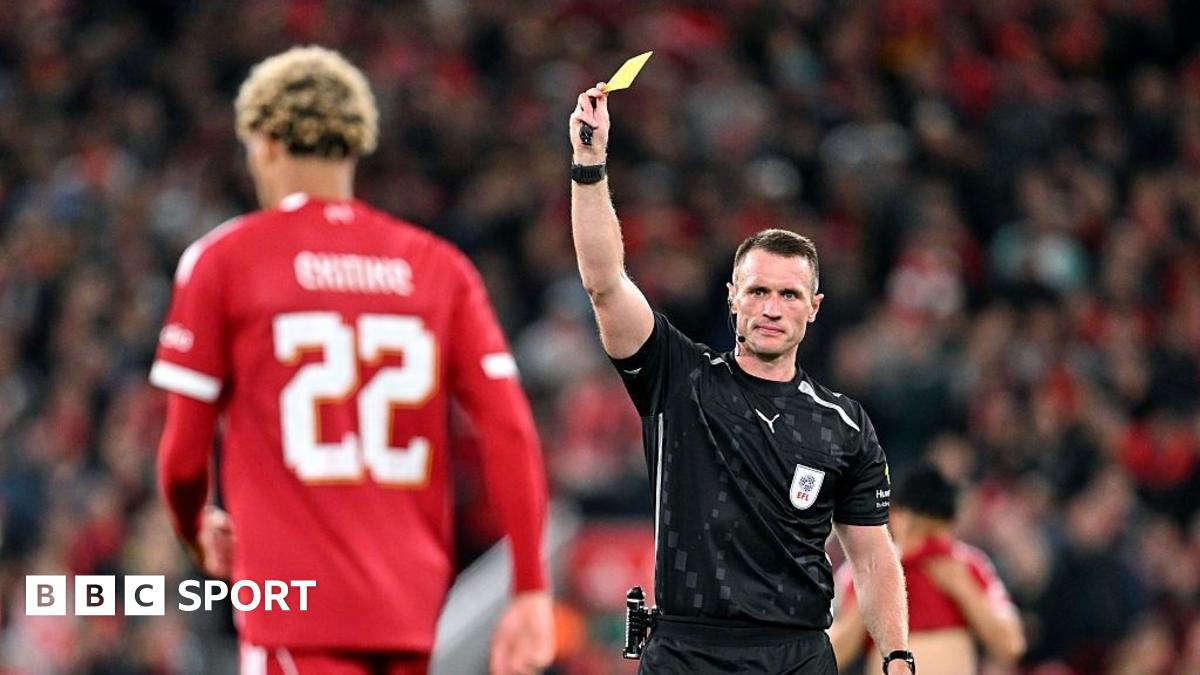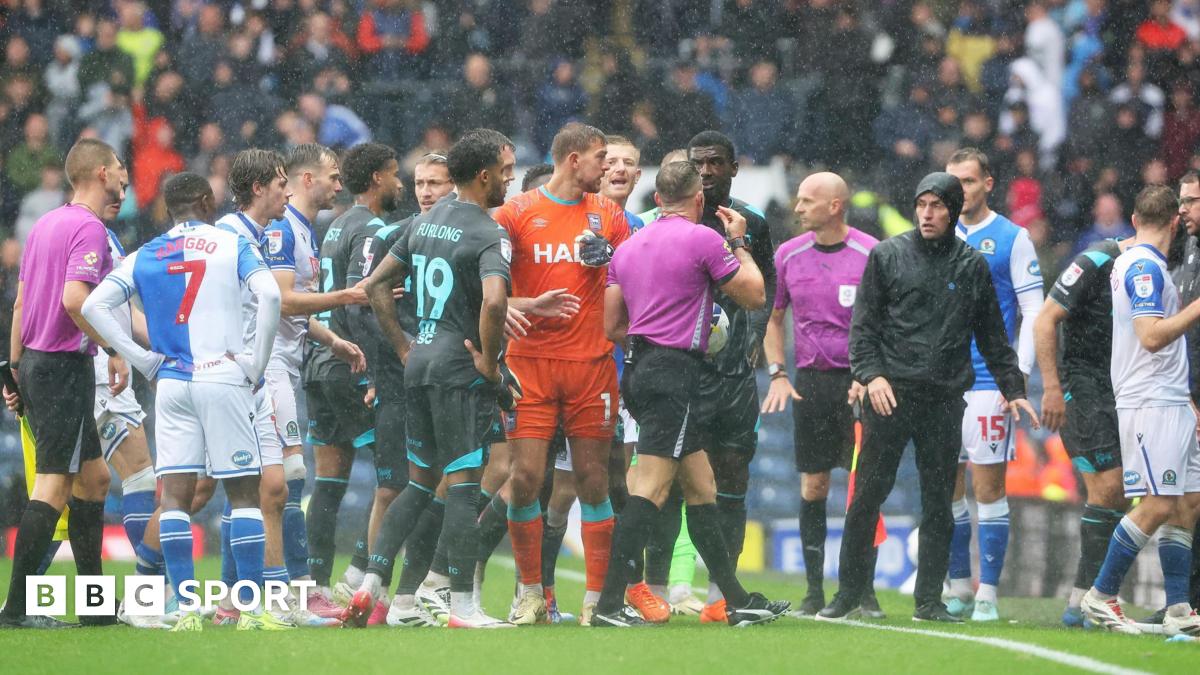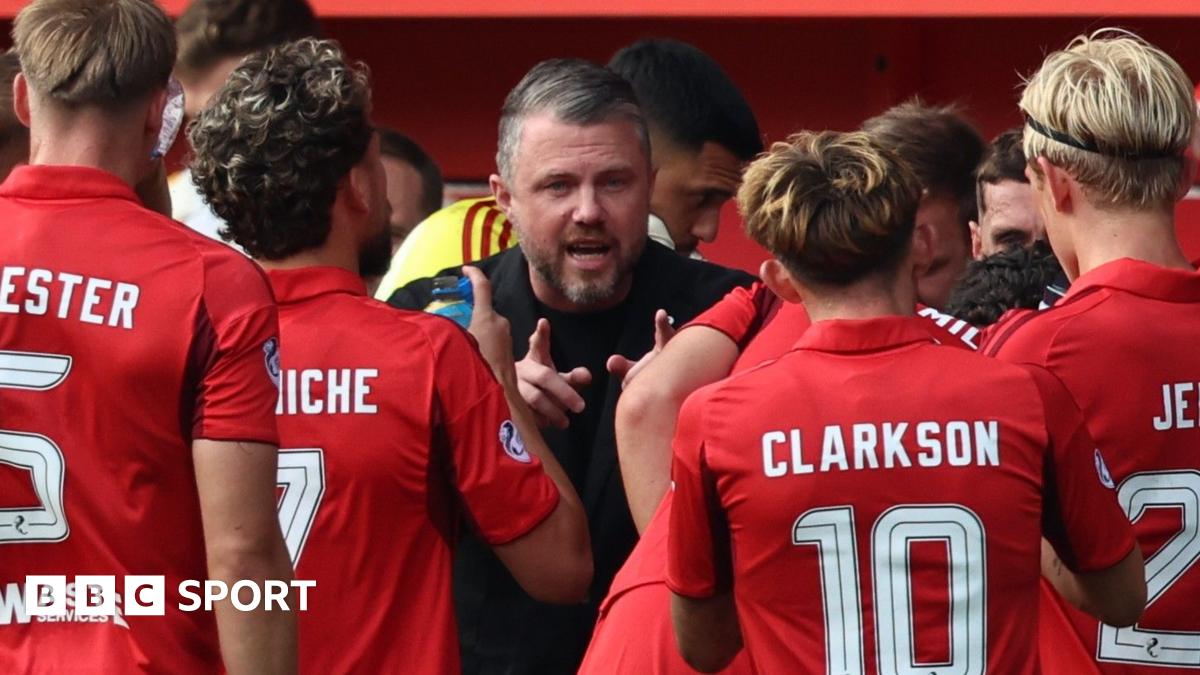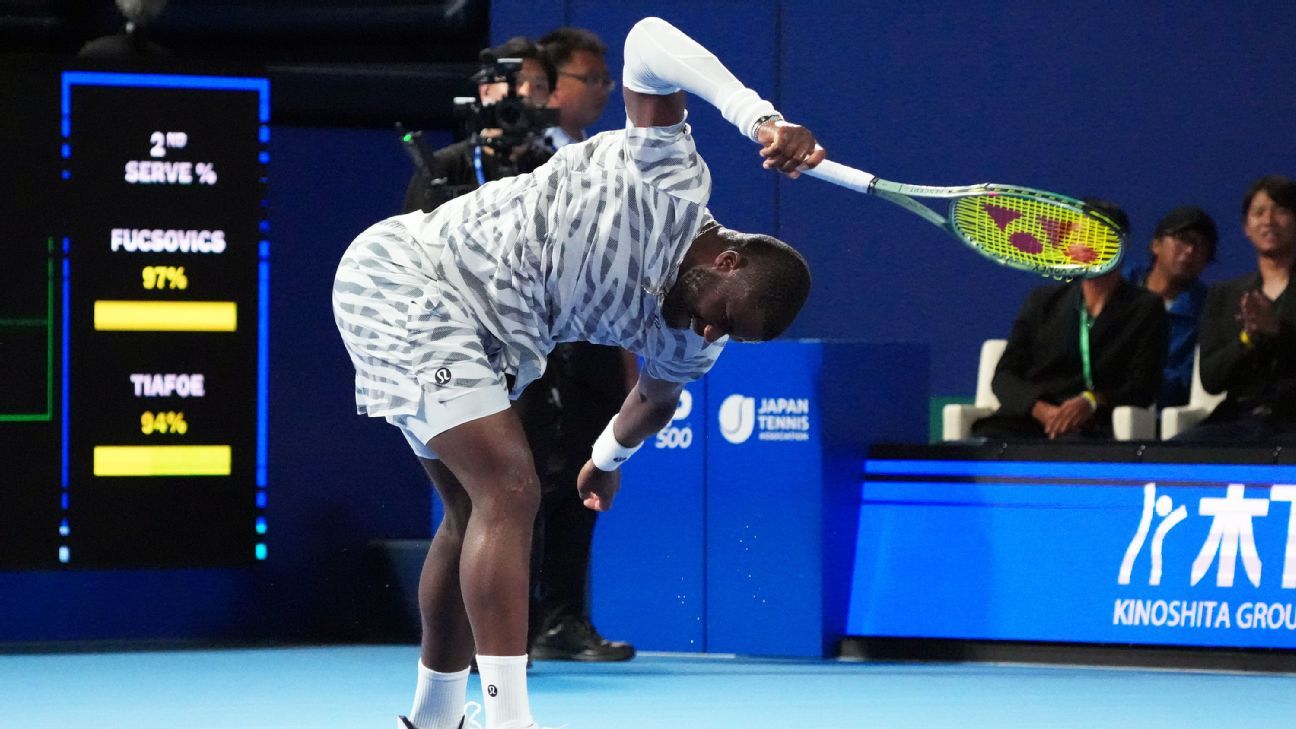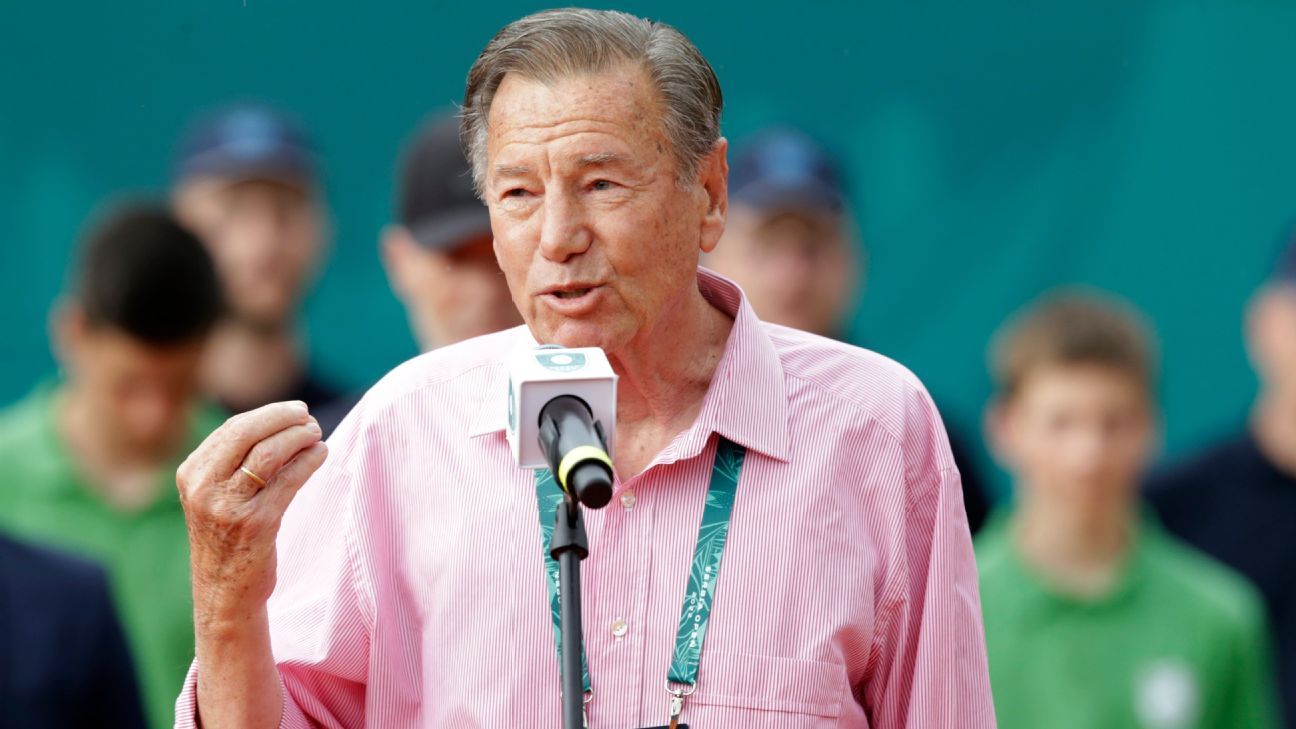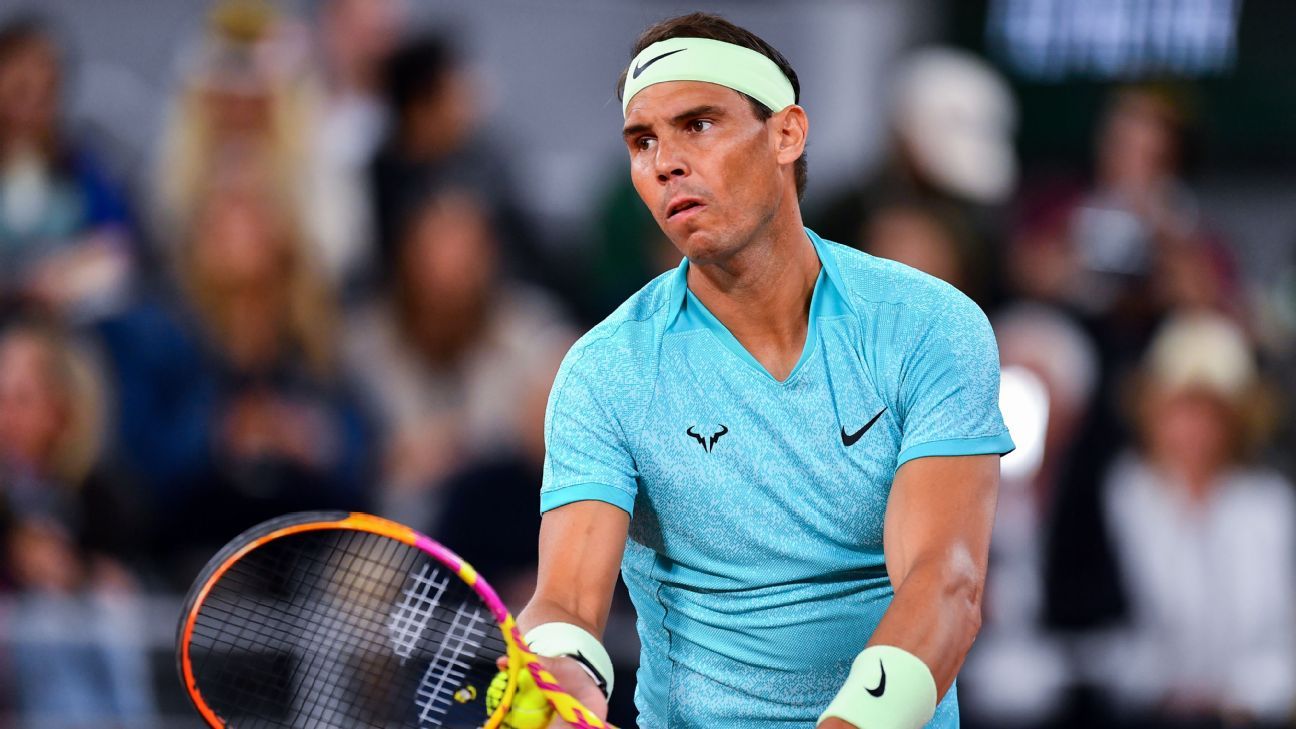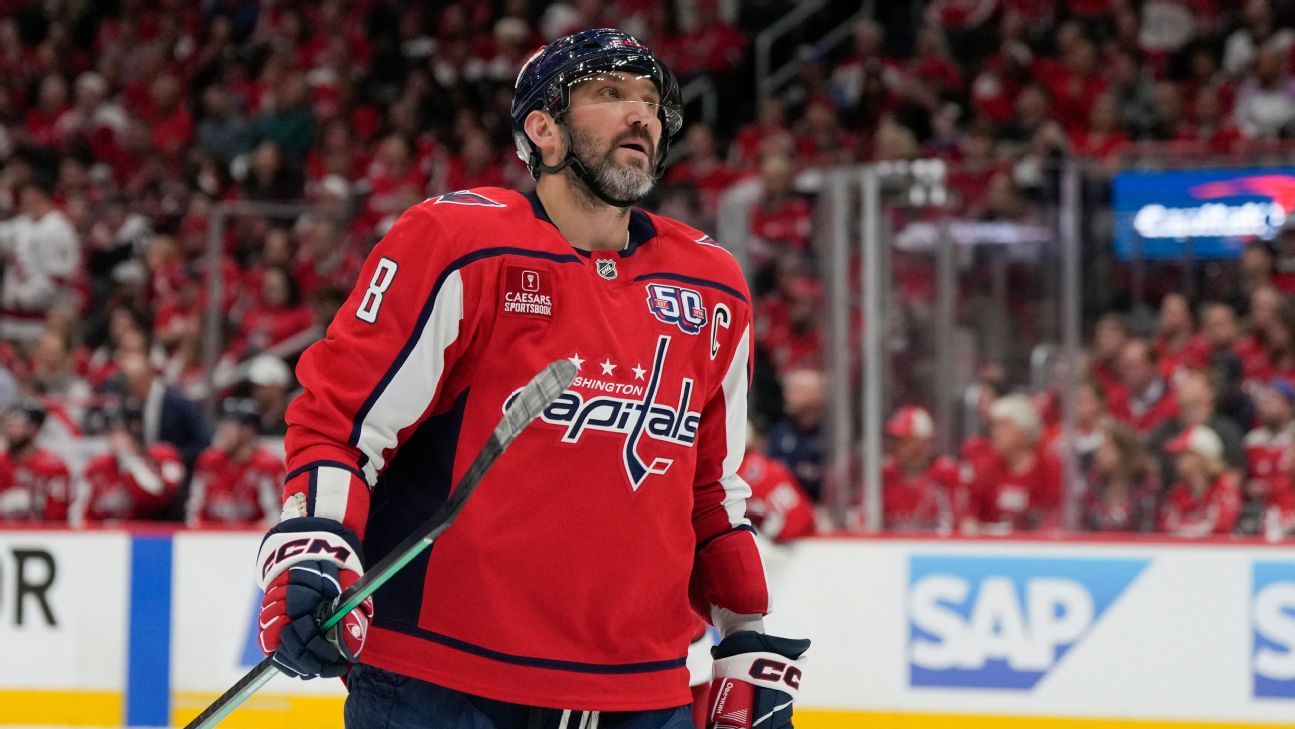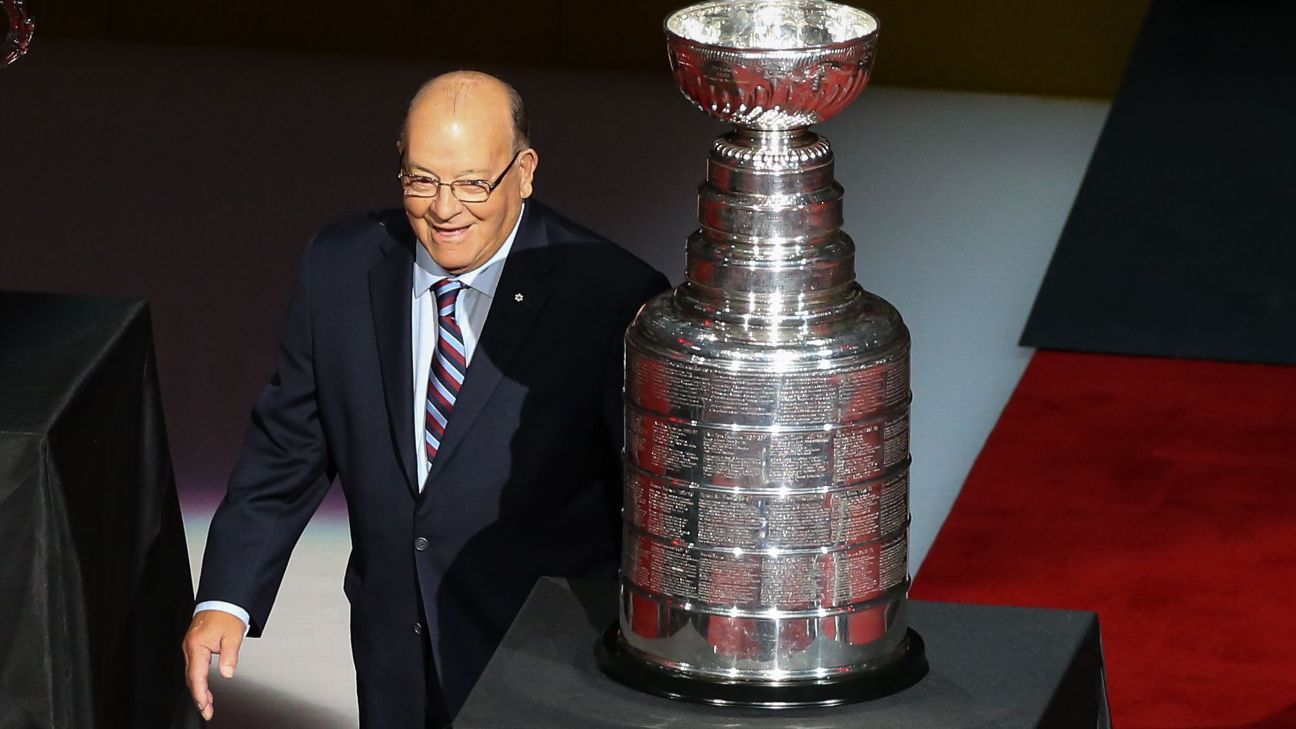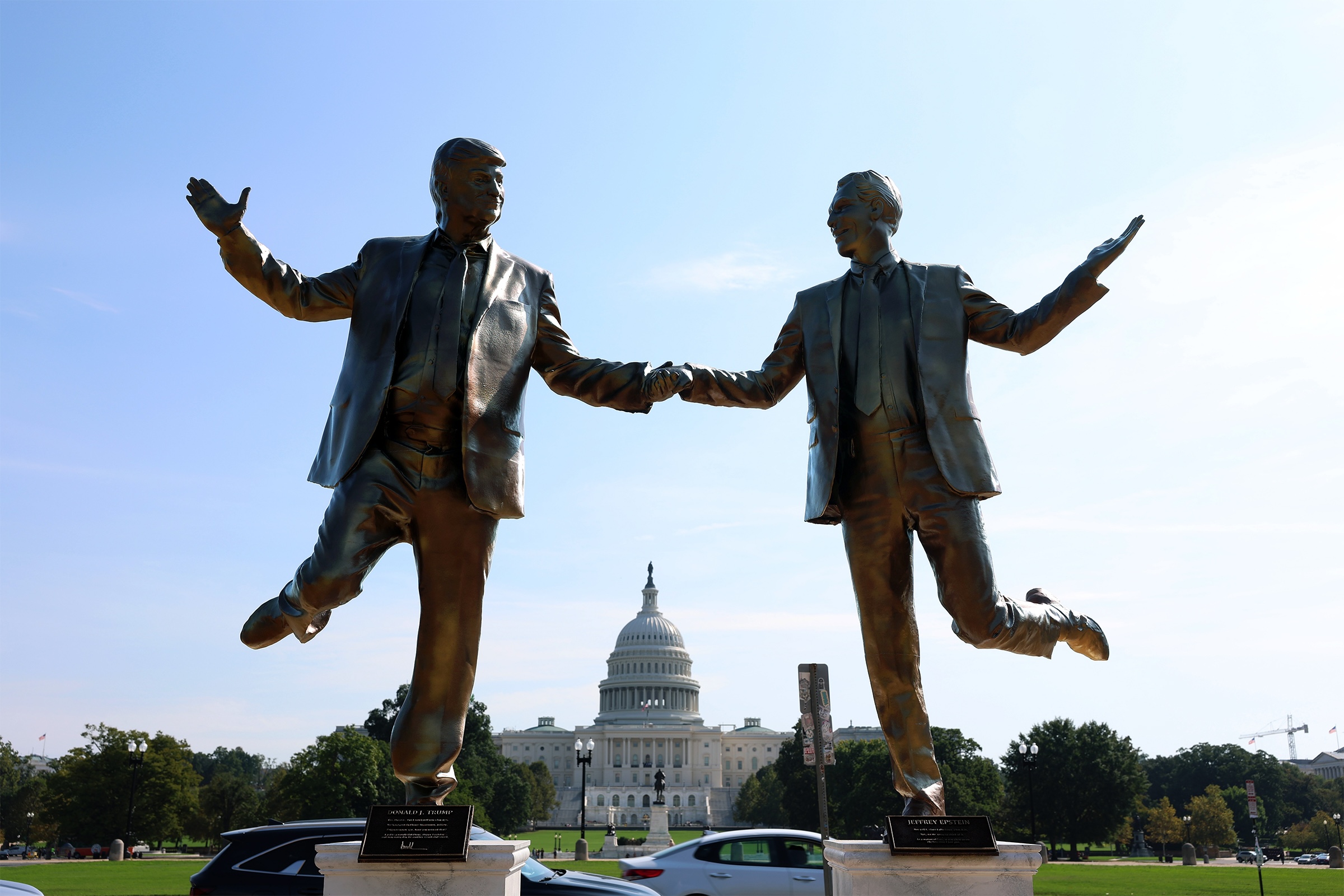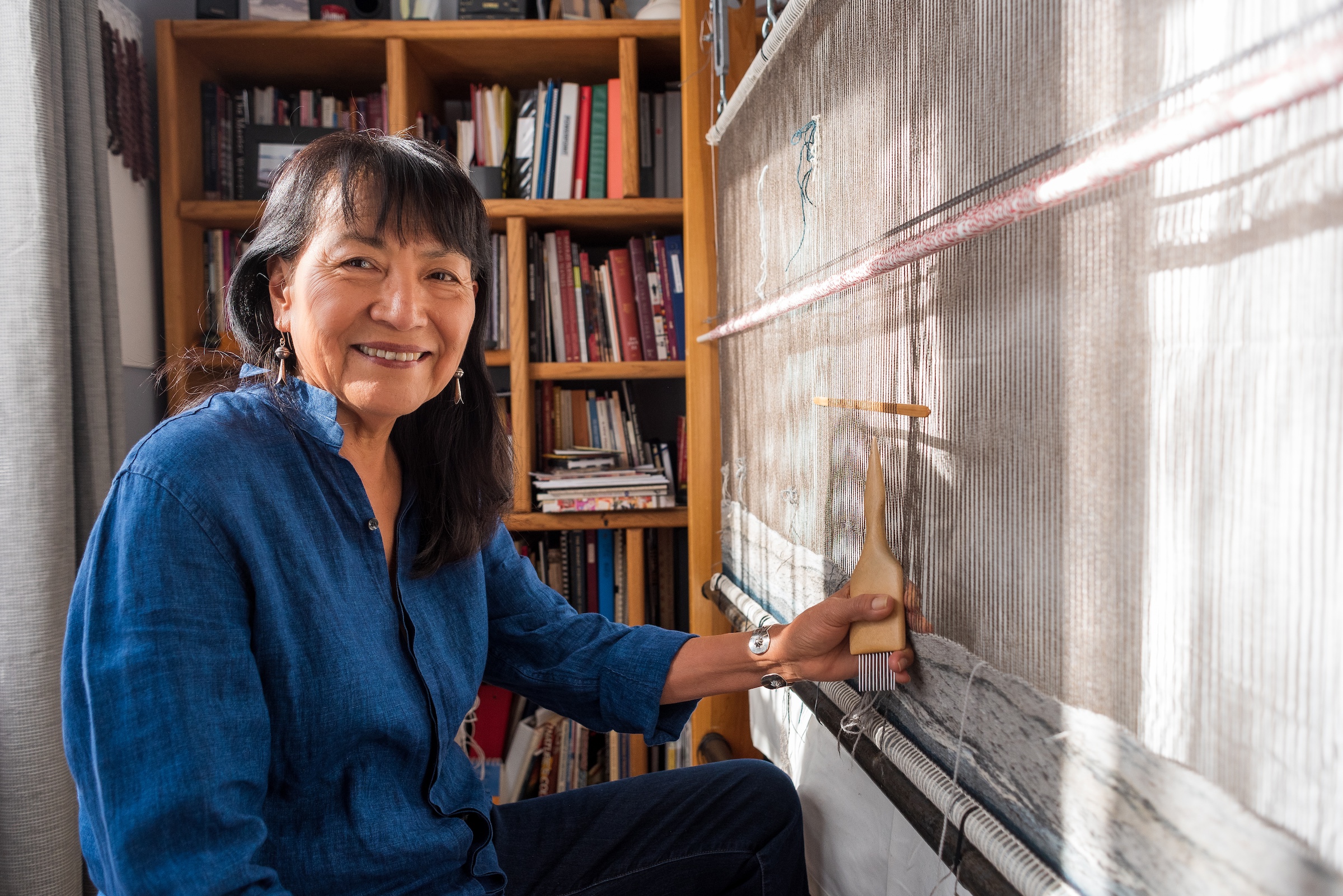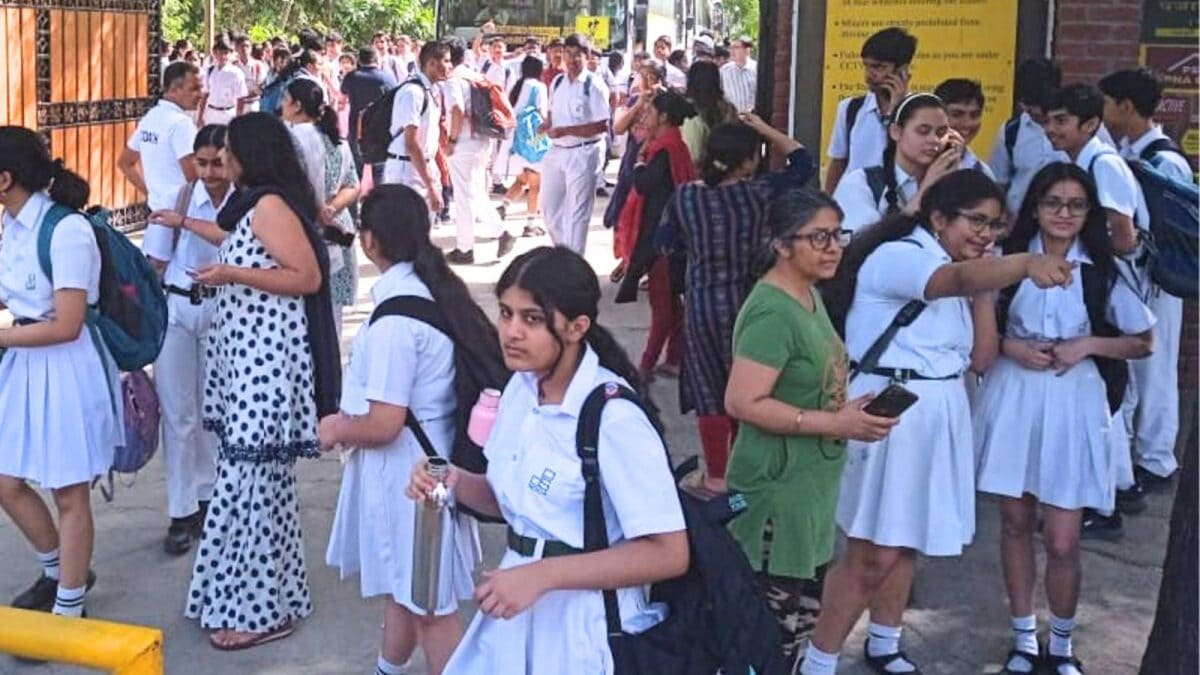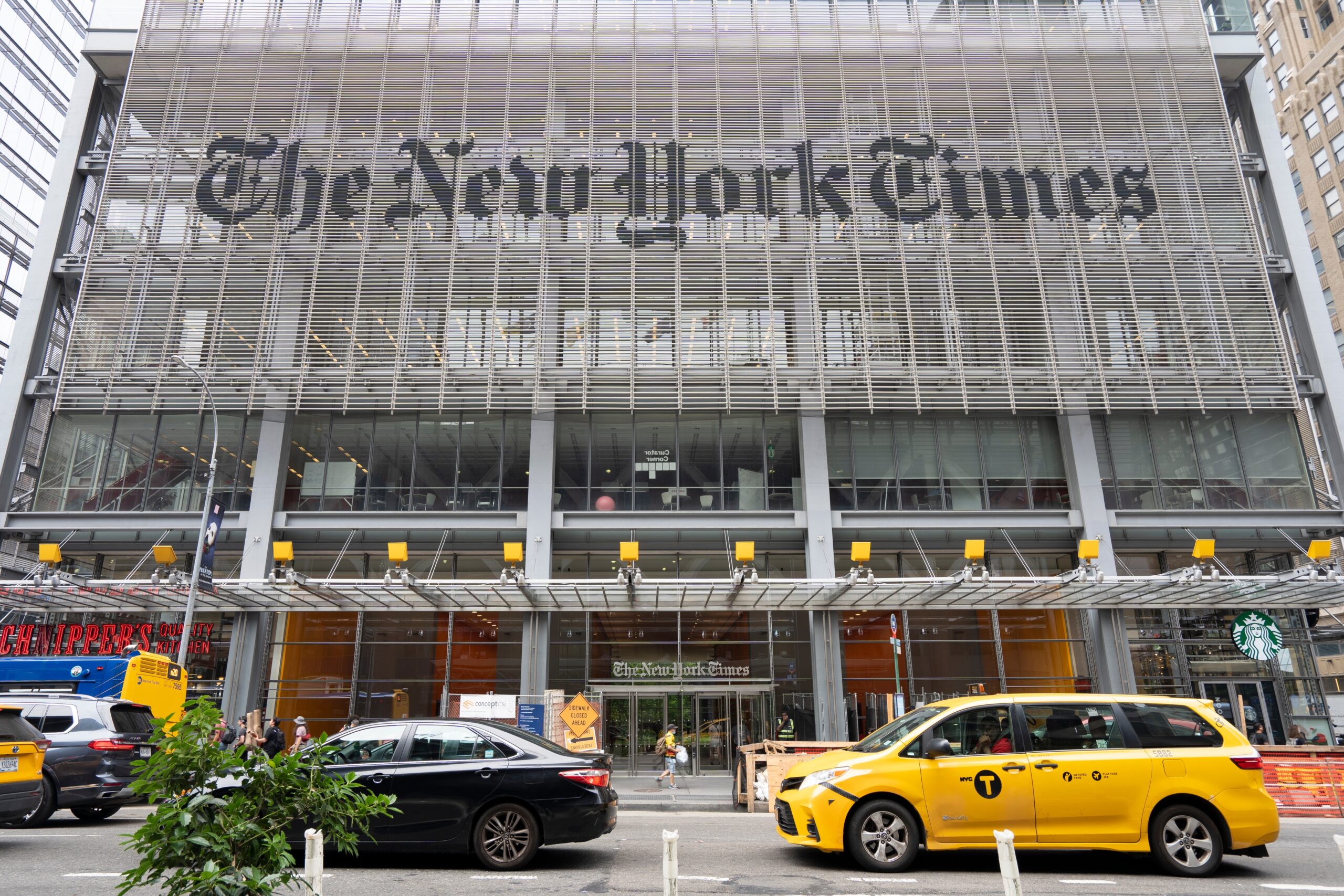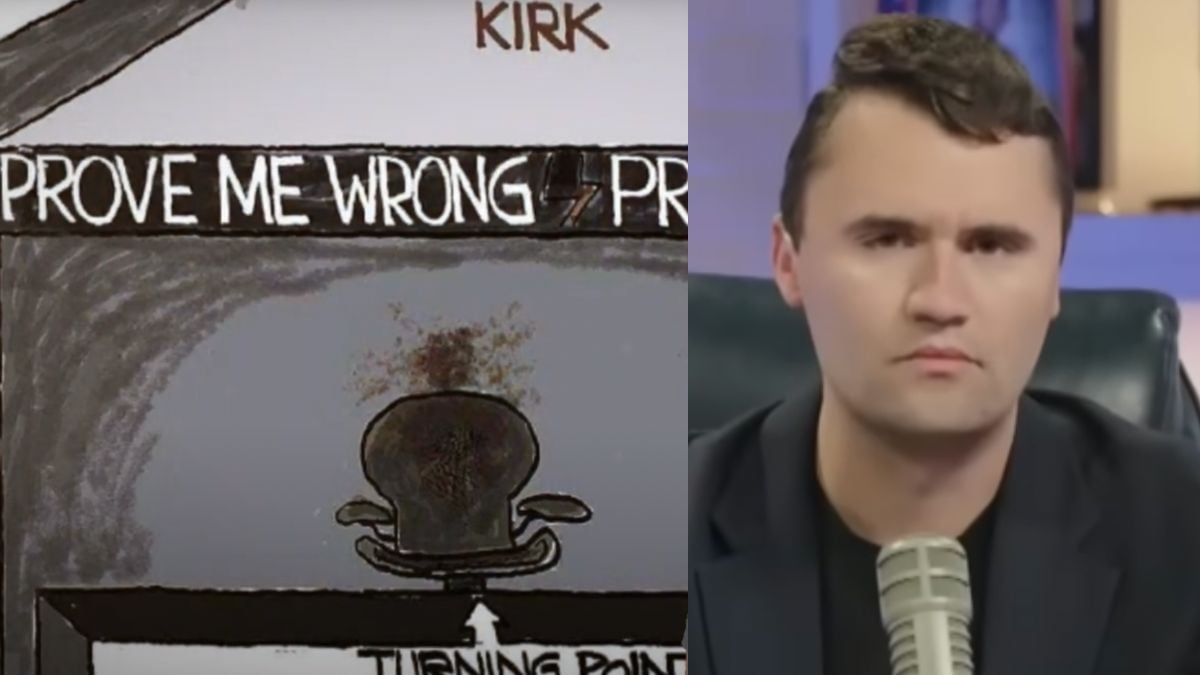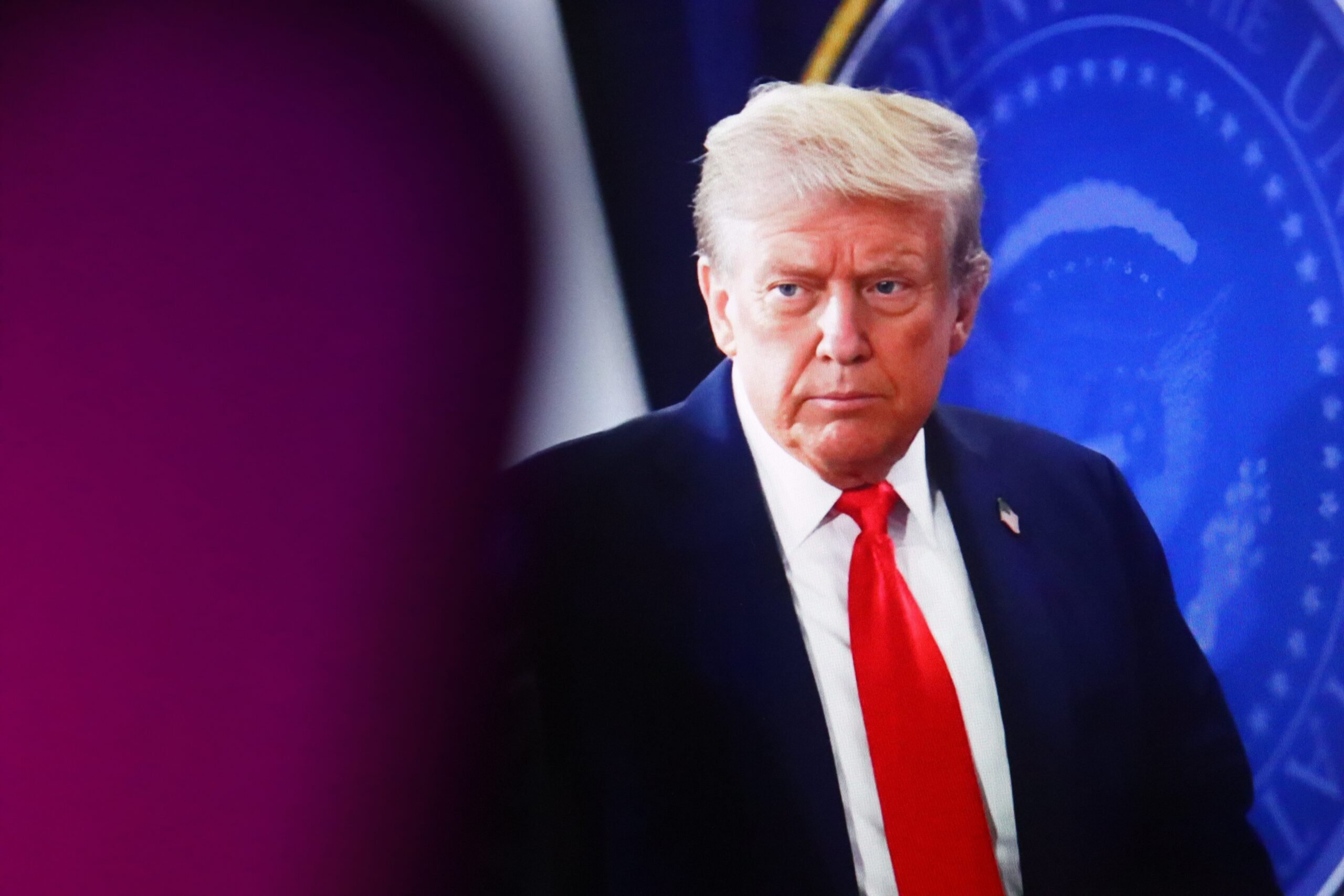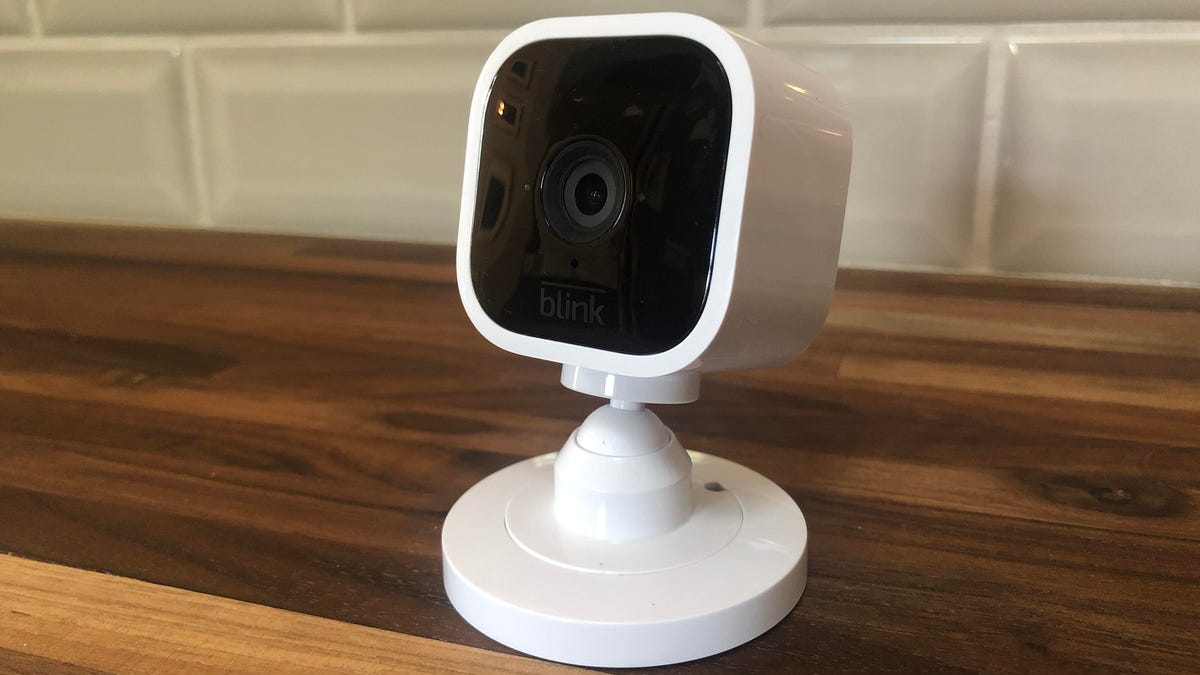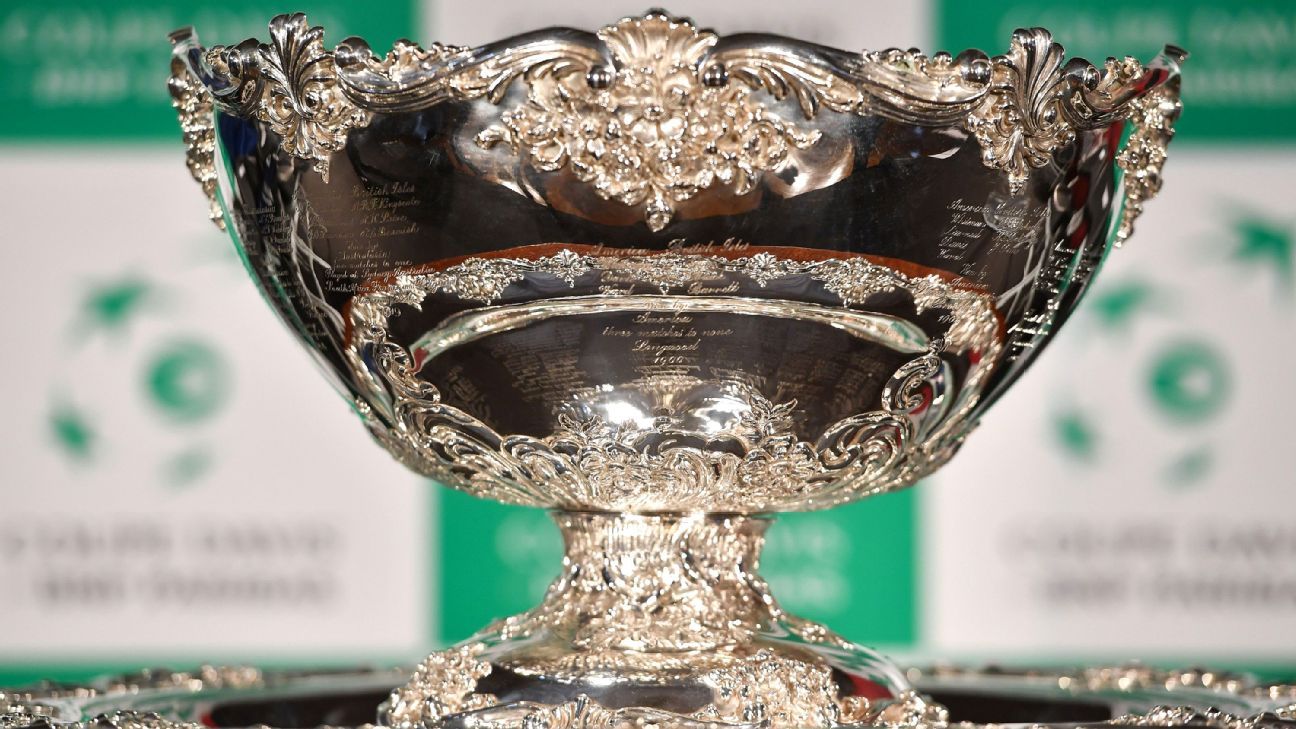After announcing additional $100,000 fee, Trump now aims to abolish H1B visa lottery system: All you need to know about the new rule
The H-1B visa, one of the most sought path for foreign tech professionals to secure employment in America, is again about to undergo a massive overhaul. Only days after President Donald Trump declared a massive massive addition of $100,000 in fees to apply for the visa, his government has now made another announcement on Tuesday, 23rd September, scrapping the existing lottery system. According to the Department of Homeland Security (DHS), the idea is to replace the random lottery with a weighted system that gives higher chances to workers in better-paid jobs. In simple terms, this means that the more a company is willing to pay the employee, the greater the company’s odds of securing a visa for its foreign employees. “The current lottery system, which caps the visas at 85,000 per year, will remain in place for now. However, under the new rule, DHS would give greater preference to applications from employers offering higher wages if annual requests exceed the statutory limit of 85,000. The move aims to better protect Americans from unfair wage competition from foreign workers,” the department further said. Under the proposed rule, workers in the top wage bracket, those earning around $162,500 or more annually, will get four entries in the selection pool. Mid-level workers will get fewer entries, and those in the lowest wage tier will only receive one. That effectively tilts the system towards senior, highly paid roles in big tech firms, while entry-level positions will struggle to get through. Nicole Gunara, a Principal Immigration Attorney at Manifest Law, explained it with an example. “Imagine an engineer at Meta earning $150,000 a year, that person might now have multiple entries in the lottery. But a junior developer at a startup, earning say $70,000, will only get one. So the system favors established giants who can pay top salaries and leaves smaller, emerging companies at a disadvantage,” she said. She added that the changes could push the US workforce towards more senior, high-paying roles and reduce opportunities for fresh graduates or younger talent looking to start their careers in America. “The lottery will no longer be random. Higher-paid workers will have a much better chance, while early-career professionals will find the odds stacked against them,” she added. This move follows Trump’s earlier announcement last week to add an additional $100,000 fee for H-1B visa application per filing. Defending the decision, the White House said the hike was meant to stop companies from misusing the system and hiring foreign workers at low wages. White House spokeswoman Taylor Rogers said the step would ensure American workers are prioritized while giving certainty to businesses that genuinely want skilled talent. Trump stated while signing the order that the “incentive is to hire American workers. He has often criticised the H-1B visa program as being “abused” by corporations to save money rather than providing an opportunity to US citizens. The effect of these changes may be enormous, particularly on Indian IT firms such as TCS, Infosys, and Wipro, which have a great dependence on H-1B visas to deploy staff to America. Indians presently represent almost 71 percent of all H-1B approvals, as per US government statistics. With both the fee hike and the new weighted selection process, experts warn that these firms may cut down hiring or even move more jobs back to India to avoid the extra costs. With Trump’s re-election campaign focusing heavily on his “America First” agenda, the changes to the H-1B system reflect his promise to protect US jobs, even if it means shutting the door a little tighter on foreign talent.



The H-1B visa, one of the most sought path for foreign tech professionals to secure employment in America, is again about to undergo a massive overhaul. Only days after President Donald Trump declared a massive massive addition of $100,000 in fees to apply for the visa, his government has now made another announcement on Tuesday, 23rd September, scrapping the existing lottery system.
According to the Department of Homeland Security (DHS), the idea is to replace the random lottery with a weighted system that gives higher chances to workers in better-paid jobs. In simple terms, this means that the more a company is willing to pay the employee, the greater the company’s odds of securing a visa for its foreign employees.
“The current lottery system, which caps the visas at 85,000 per year, will remain in place for now. However, under the new rule, DHS would give greater preference to applications from employers offering higher wages if annual requests exceed the statutory limit of 85,000. The move aims to better protect Americans from unfair wage competition from foreign workers,” the department further said.
Under the proposed rule, workers in the top wage bracket, those earning around $162,500 or more annually, will get four entries in the selection pool. Mid-level workers will get fewer entries, and those in the lowest wage tier will only receive one. That effectively tilts the system towards senior, highly paid roles in big tech firms, while entry-level positions will struggle to get through.
Nicole Gunara, a Principal Immigration Attorney at Manifest Law, explained it with an example. “Imagine an engineer at Meta earning $150,000 a year, that person might now have multiple entries in the lottery. But a junior developer at a startup, earning say $70,000, will only get one. So the system favors established giants who can pay top salaries and leaves smaller, emerging companies at a disadvantage,” she said.
She added that the changes could push the US workforce towards more senior, high-paying roles and reduce opportunities for fresh graduates or younger talent looking to start their careers in America.
“The lottery will no longer be random. Higher-paid workers will have a much better chance, while early-career professionals will find the odds stacked against them,” she added.
This move follows Trump’s earlier announcement last week to add an additional $100,000 fee for H-1B visa application per filing. Defending the decision, the White House said the hike was meant to stop companies from misusing the system and hiring foreign workers at low wages.
White House spokeswoman Taylor Rogers said the step would ensure American workers are prioritized while giving certainty to businesses that genuinely want skilled talent.
Trump stated while signing the order that the “incentive is to hire American workers. He has often criticised the H-1B visa program as being “abused” by corporations to save money rather than providing an opportunity to US citizens.
The effect of these changes may be enormous, particularly on Indian IT firms such as TCS, Infosys, and Wipro, which have a great dependence on H-1B visas to deploy staff to America. Indians presently represent almost 71 percent of all H-1B approvals, as per US government statistics. With both the fee hike and the new weighted selection process, experts warn that these firms may cut down hiring or even move more jobs back to India to avoid the extra costs.
With Trump’s re-election campaign focusing heavily on his “America First” agenda, the changes to the H-1B system reflect his promise to protect US jobs, even if it means shutting the door a little tighter on foreign talent.


